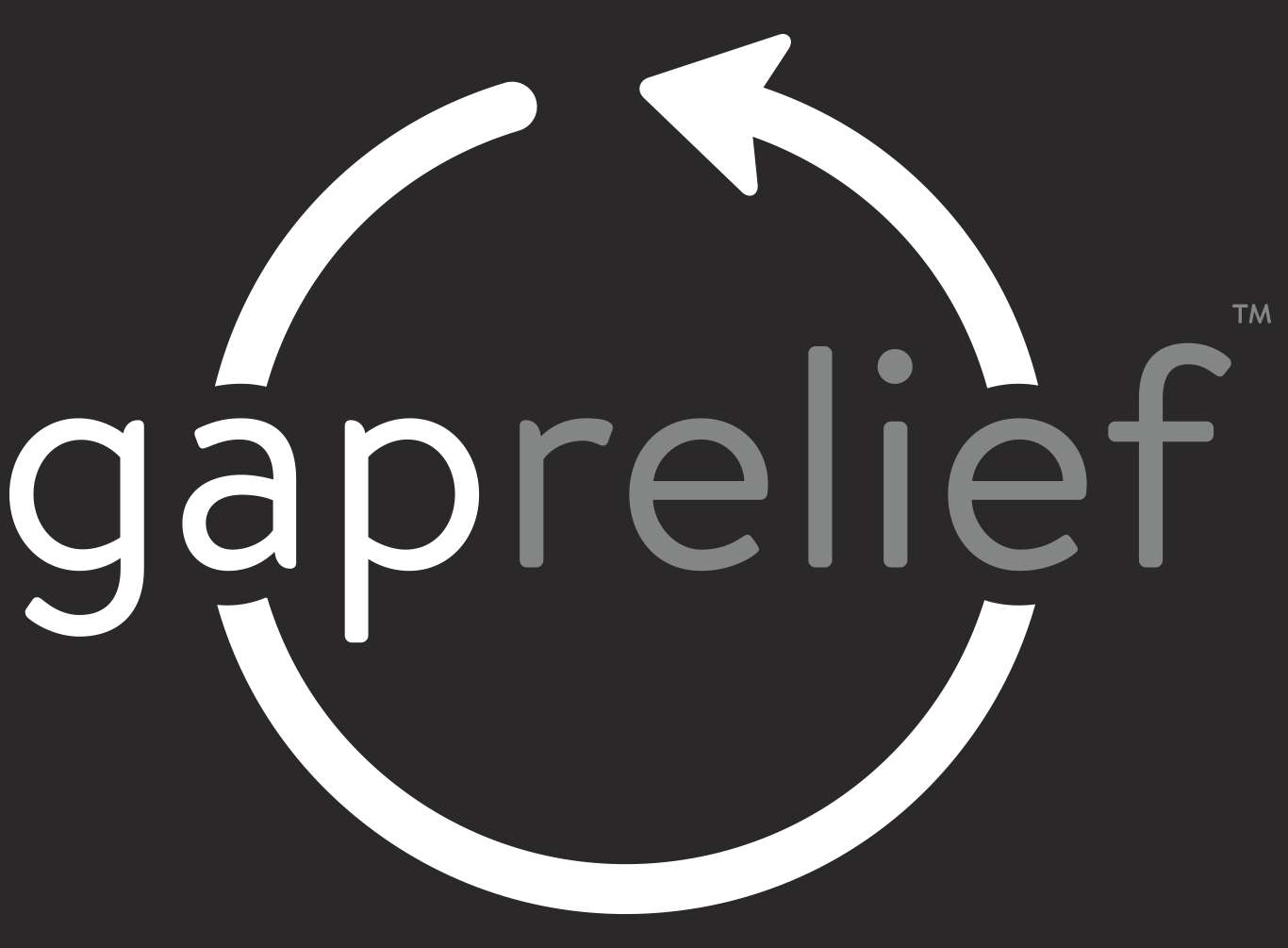How Corporate Burnout can cause Trauma
Corporate burnout is becoming a huge problem in our culture today. Recent studies show up to 86% of workers experience that familiar problem in their current job. So what causes this? How do we look at this issue from a therapeutic perspective? We asked our resident corporate recovery therapist for his thoughts on the problem and how we can lean into healing.
First, let’s look at what causes this little t trauma in the first place. When we say “little t trauma,” we’re talking about pain that is not caused by large, singular, or life-threatening events, but rather trauma that accumulates over time and can feel like death by 1,000 papercuts. This is just as dangerous as Big T trauma and can cause just as much damage to our mental health–sometimes, even more.
In the corporate world, workers are often fatigued by a culture of constant demand for their attention. With modern technology, communication is more accessible, which has led to the expectation that employees should always be accessible. The fear of missing a text, an email, or a Slack message is consuming, and the heightened awareness of devices pulls focus from the things that may help a worker to rejuvenate and recharge.
There has also been a major shift away from traditional hierarchy and structure in the modern workplace. Because corporations cannot grow as efficiently by using a simple, direct-reporting model, many have transitioned to a matrix system where team members are expected to communicate with each other constantly and depend on many factors outside of their direct control to do their job. Oftentimes, everything feels like a fire and demands immediate attention. Because of this, employees are expected to spend their working hours communicating with others via meetings, emails, etc. and push their actual work to the margins of their time.
So, why do people put themselves through this? If it seems obvious that it isn’t healthy, why do it? This is where identity plays a huge factor in how corporations operate. It feels good to be a part of something bigger than an individual self. Even if it’s just to be a cog in the wheel of a massive endeavor, it feels good to be part of the team and to feel like the work matters. Corporate employees find themselves drinking the proverbial Kool-Aid–because in exchange they get affirmation, respect, acceptance from their peers and higher-ups, and an identifiable purpose. It becomes easy to set aside their individual identity and take on the group’s instead because the return feels worth it for a time.
And then it doesn’t anymore.
To their credit, corporations are leaning more into mental health issues than ever before! However, they often still find themselves bumping into roadblocks. Large corporations often necessitate that any available initiatives must be applicable for all employees–often leaving specific or individual mental health needs unmet. Companies are currently experiencing significant criticism in this arena as many employees continue to struggle to access the resources they truly need. As these needs continue to rise, companies must continue to think outside the box and work to improve benefits that directly address mental health as a core component of their overall health benefits. This may mean trying new things, or making corrections as necessary to programs that aren’t working or are under utilized. In addition to creating or sustaining specific mental health initiatives that meet the real needs of the people, companies can also benefit greatly by simply taking a look at their company culture–working to create environments that promote care for mental well-being and that value self-care.
But…what about those employees who are already at the end of themselves and need to get out, to heal, to recover? Our corporate recovery therapist says that the process of healing is highly individualized and is just that, a process. It can take years for a person to untangle themselves from their former job and to see themselves again for who they are, not simply the purpose they once served.
When experiencing corporate burnout, it can also be incredibly valuable to connect with a professional therapist or coach who can help with processing prior experiences and moving forward. It’s important to remember that those experiencing burnout or needing help processing following a job change may not have experienced any particular “negative” event. Rather, they may simply be grieving a sense of lost purpose now that they are not “part of” something - a team, group, department, etc. Let’s not forget–these jobs can provide a lot of security and a felt-sense of family. Job loss, either by choice or by force, should be treated as any other major life “loss.” Our corporate recovery therapist states that it’s important not to discount the reality that much of one’s identity can often be tied to their career or company, and that seeking guidance during a time of transition is one of the best things a person can do.
Even if someone is not ready to leave a job yet or just desires to avoid burnout while still enjoying the many benefits of their corporate job, a corporate recovery therapist or coach can be a great resource. Our families and communities need us, and tending to pain and recovering from loss gets us back to them healed, whole, and ready to engage.
For more information, email info@gaprelief.com

